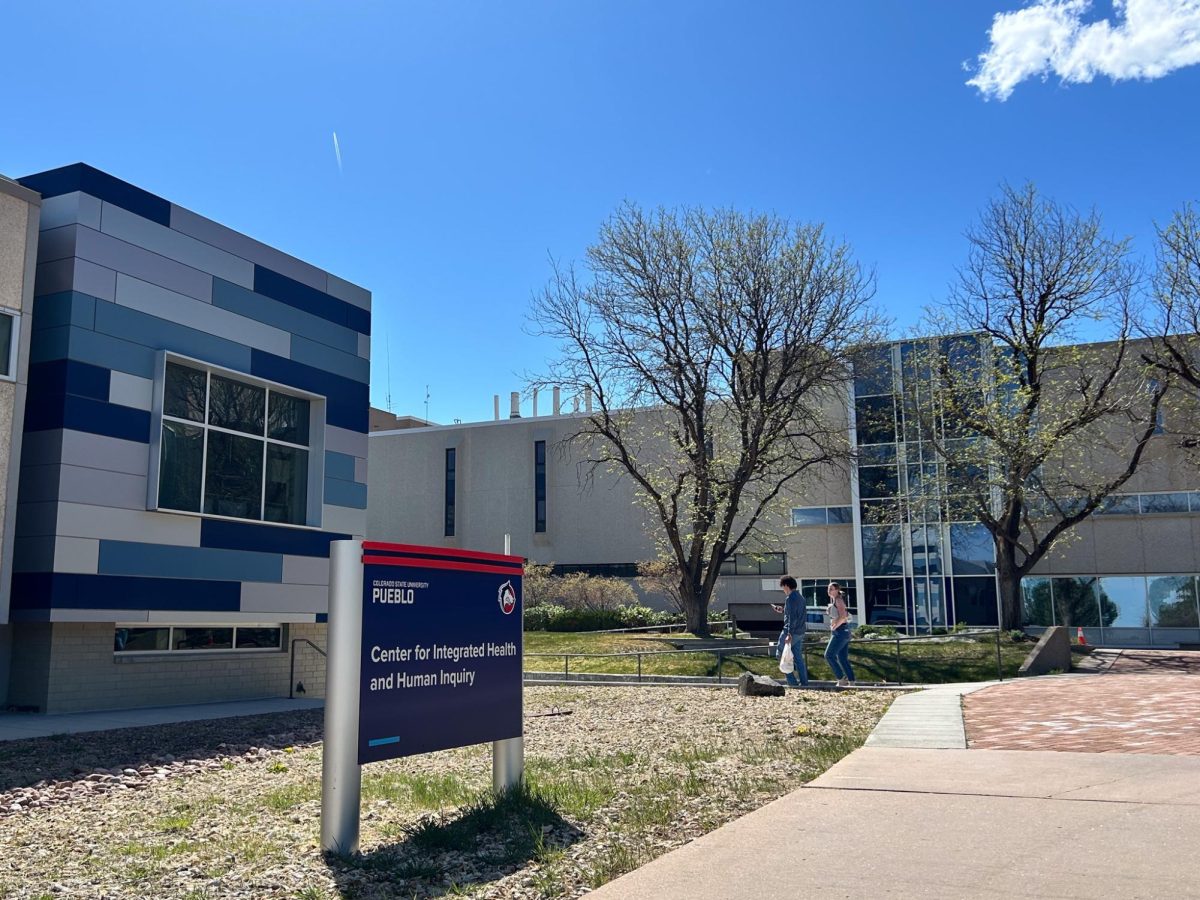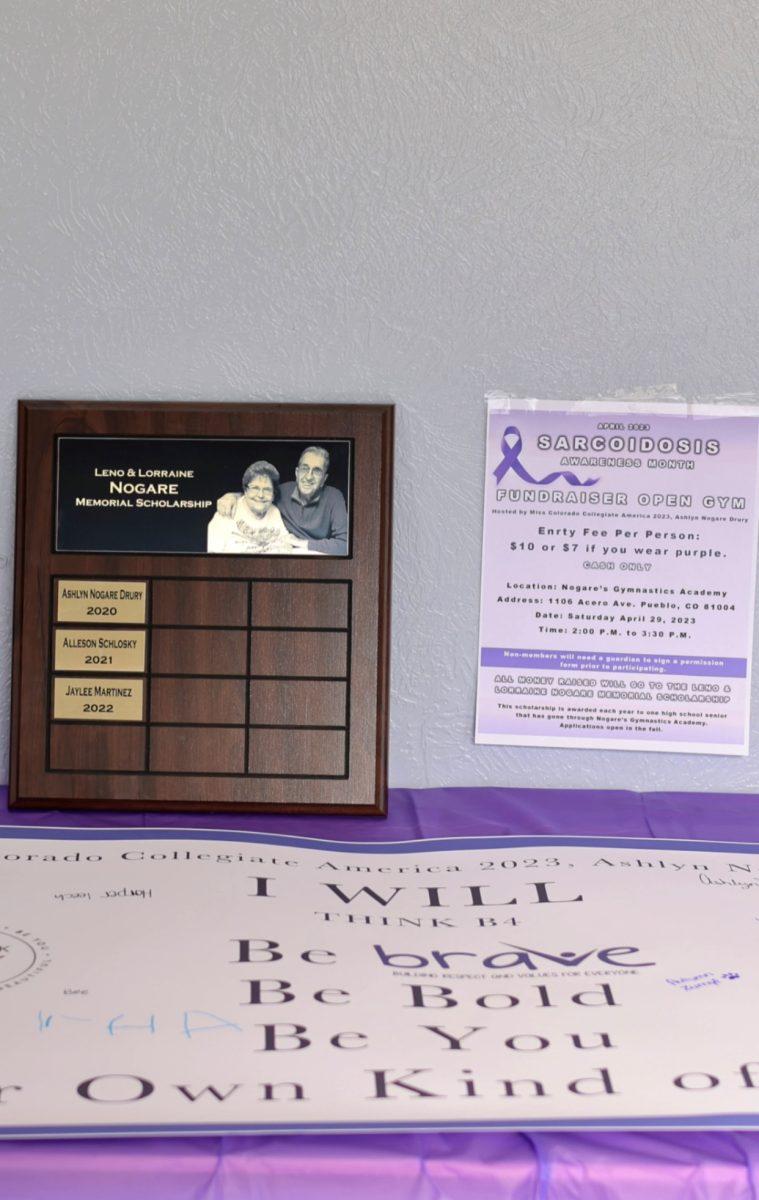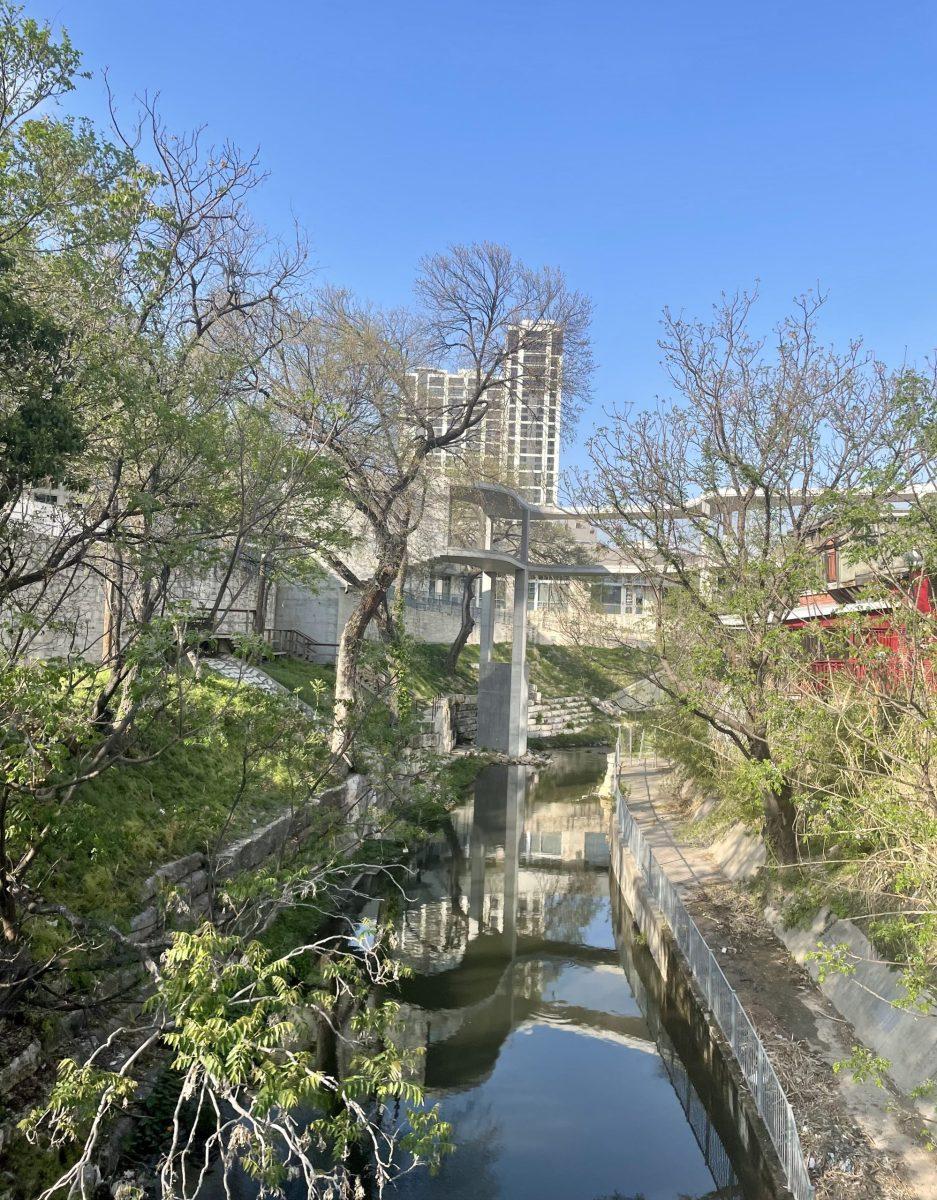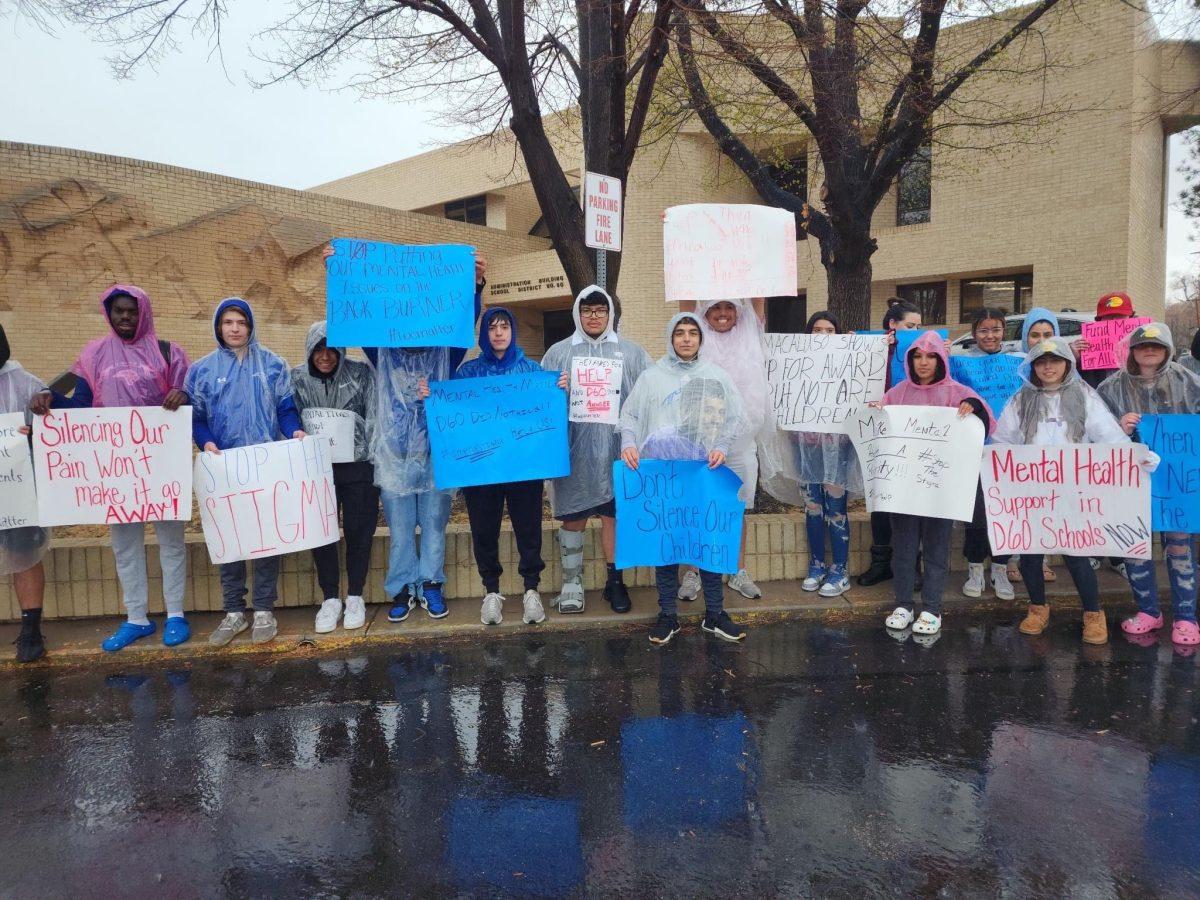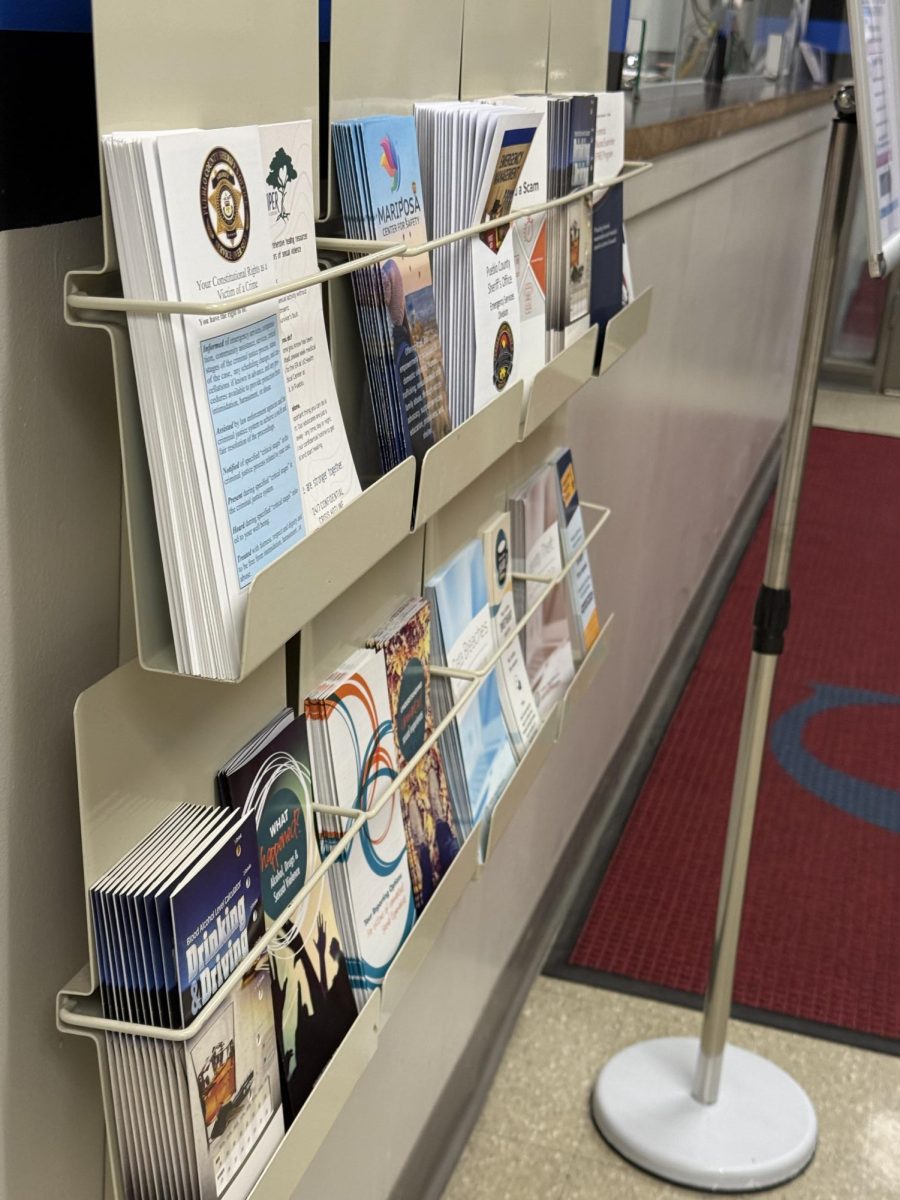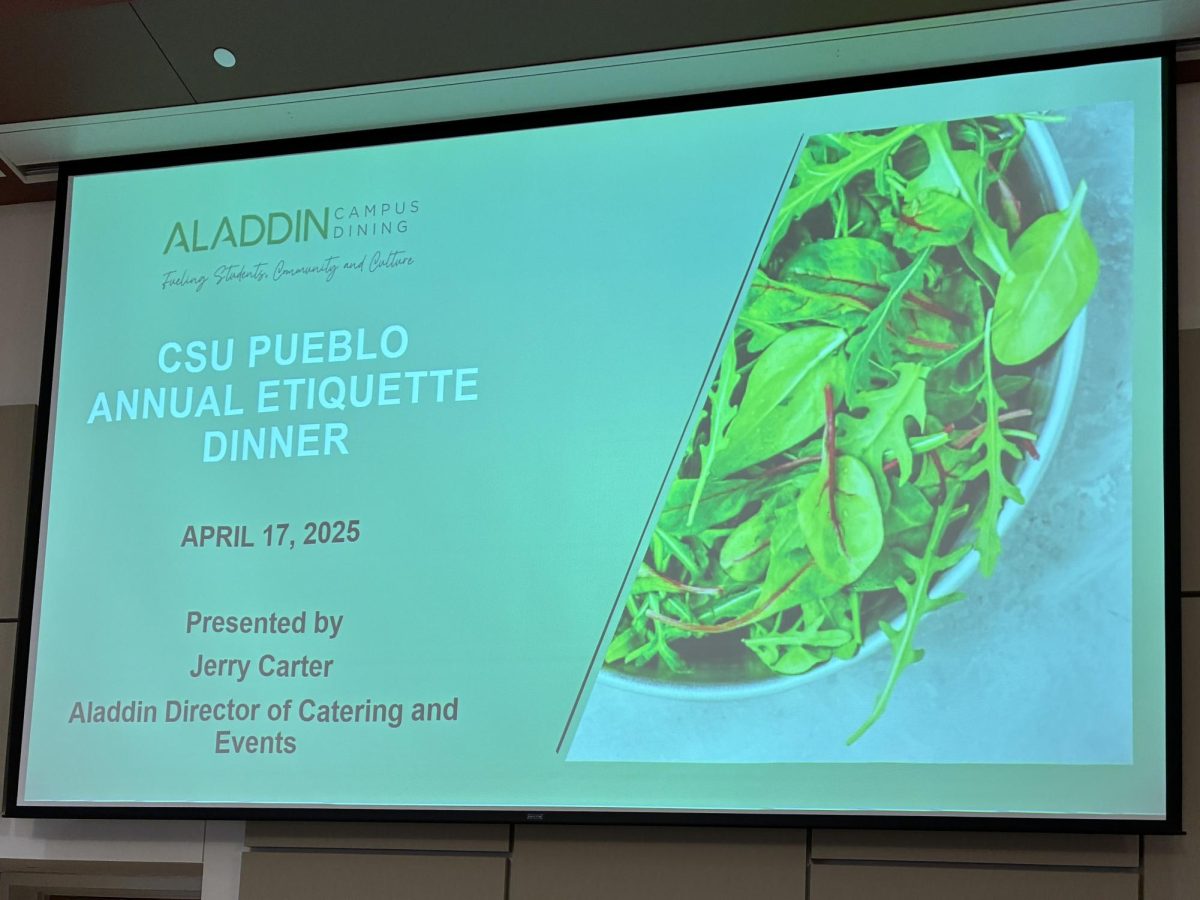By Camerron Martin
Colorado State University Pueblo offers a lot to its students to make their college experience more manageable, whether it be through scholarships or necessities. Among the essentials available to students are an on-campus food court and a meal plan added to the tuition price tag.
However, for some, it can be an expensive price to pay that goes unused due to a lack of dietary options. The CSUP food court offers little to no gluten-free or vegan options to those who come looking for them, which can be an upsetting situation.
CSUP student, Sandrah Burrier, stated, “I am vegan for ethics and gluten-free because I have a wheat allergy. For this reason, I’m limited to just a few choices when on campus. Starbucks and Einstein’s bagels have fruit cups, both of which are about $5 or $6 each. I usually need two to feel full on their own.”
College tuition in the modern age is not easily accessible, and every cent counts, which makes a few extra thousand dollars for an almost unusable service in some cases a significant problem.
There is an amount of outrage towards this issue from students, which is a justifiable action to take.
Being a part of an institution meant to be a place for everyone should include benefits following guidelines that let any individual with any preference be able to use it, especially if it adds to the cost of tuition.
Integrating these missing options wouldn’t be difficult for any involved party. The university can gather responses from students looking for change to better use the services they are paying for.
Burrier said, “I was told by an employee on a public post I made where I discussed this issue that there isn’t a high demand for food like this, but I think there’s a bigger one than people realize. We learn to get by, but we shouldn’t have to. If we meet our most basic needs like food with diversity in mind, we will draw in more diverse students.”
Beyond the price tag issue, most college students’ schedules can be very loaded and often don’t allow for a lot of room between classes for basic needs. Having an on-campus cafeteria can help with that problem but doesn’t cover all the possibilities for students.
It can cause some not to have any way to get a meal in and strain a person’s functionality throughout the day, which is unfair to those it affects.
The school administration should begin looking into this issue and pulling in student feedback to work towards a solution to this problem.




